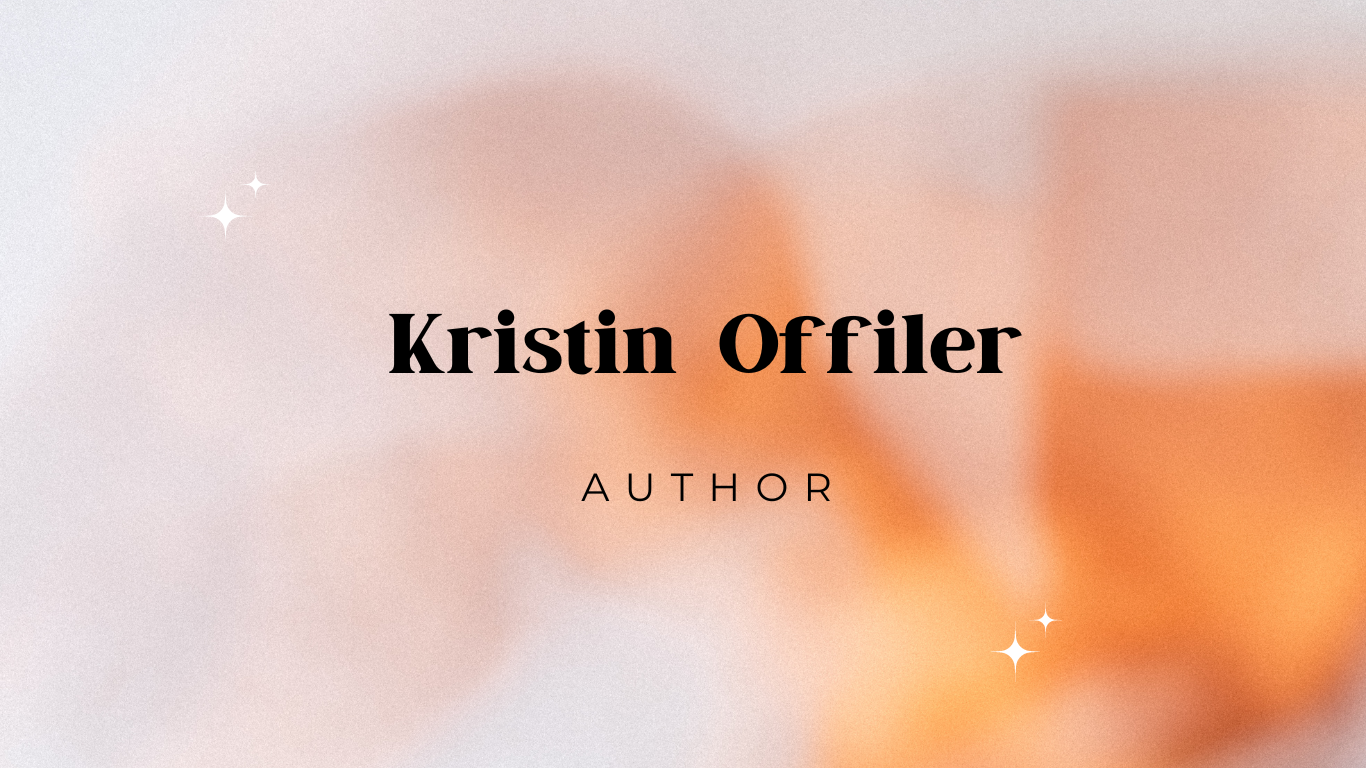No Motivation To Write? Here’s Why That’s Not A Problem.
Here’s a scenario you might be familiar with: you want to write, you have every intention to sit down and write…but the motivation just isn’t there. So, you don’t write.
I understand that completely.
Motivation feels good. The forward momentum sparked from feeling inspired can’t be topped. It’s such a high, right?
But here’s the thing. Motivation is fleeting. It’s fickle. It’s like that flaky friend who makes you feel great when you’re together but doesn’t show up for the plans you both agreed to a week ago.
Motivation won’t even call to tell you it’s not coming. It’ll let you sit there, alone, to figure out for yourself that you’ve been stood up.
Basically? Motivation cannot be trusted.
That’s ok, though. Feeling unmotivated to write isn’t a problem, and it doesn’t have to stop you from being productive, either.
Today I’m going to share with you my favorite trick for writing consistently whether you’re feeling motivated to write or not.
First, know that you’re capable of doing almost anything, even if you don’t feel super inspired at the moment. I’m sure you’ve seen proof of this in your life!
You may not want to clean the toilet or trudge through the snow to get to an appointment, yet you do it. The motivation isn’t there, but you’re a grown-up who knows that your ability to do things doesn’t rely on how you feel.
(Although, if writing always feels like cleaning toilets to you, maybe find something else to do with your time!)
I know it’s not always as simple as just writing, though. Sometimes it really does feel too difficult, and no amount of willpower helps.
This is why I don’t rely on willpower, motivation, or inspiration to write. Ever!
Sure, I’m thrilled if something I’m writing is fueled by those feelings, but I don’t sit around and wait for them to arrive before I write. If I did, I’d be waiting forever.
Instead, I rely on habits or triggers.
Habits are a thousand times more reliable than motivation. (According to a study conducted by me, just now in my living room.)
Habits and triggers make writing easier because they give you a smooth transition into your practice. If you have one or two solid habits in place around your writing sessions, you’ll find that it takes almost no effort on your part to sit down and write even when you feel completely unmotivated.
It sounds too good to be true, but it’s not. I swear. I’ve seen it for myself firsthand, and I want to tell you how to do it, too.
Come up with a list of about 3-5 acts you can do to trigger one of your senses before you start a writing session.
In my case, when I wrote my first novel over the course of four years, I used listening to music as my trigger. Not just any music, though. I had a specific, curated playlist that I listened to every single time I wrote anything for that novel.
As soon as the music started, I slipped into writing without any trouble at all. No need to warm up, mess around online for a bit first, pump myself up, or trick myself into wanting to write. I could write even if writing was the last thing I felt like doing.
The music was so tied to writing, and to that specific project, that my brain dissolved any resistance the second that trigger happened.
In the past, though, I’ve had other triggers.
Years ago I used to freewrite by hand before work, so I’d get up early, turn on the kettle, and brew jasmine green tea before my writing session. To this day, when I smell that specific tea, I feel like writing.
Other examples of triggers could involve scent or taste, like making coffee or lighting a certain candle, or a physical action, like doing eight sun salutations or taking a walk around the block.
Once you’ve thought of a few triggers that are simple enough to do every time you write, give them each a try for one or two weeks.
You might need to rely on the strength of your willpower during this part, but trust me… it’s worth it.
You’ll want to stick with one trigger at a time so you can see which one really sticks for you. Before you write each day, perform the trigger of choice and then start your writing session.
Don’t skip this step! Before you write, each and every time, you must perform the trigger you’re testing out.
You want to build the mental association between the action and your writing so your brain doesn’t need an ounce of motivation or inspiration to write. This happens over time with consistency.
Eventually, you should begin to see that one or two triggers in particular start to feel associated with writing faster than others. I recommend sticking with the one (or two!) that help you feel like it’s time to write no matter when you employ them.
The beauty in this trick is that it’s free, it’s easy, and it works by creating a positive association with writing that your brain can’t deny.
Then, next time you want to write but feel unmotivated, you can turn to your writing trigger instead so you’re not sitting around waiting for motivation to arrive!


You must be logged in to post a comment.